Language comes later for siblings of children with autism
Infant siblings of children with autism tend to lag behind their peers at the earliest stages of language development before catching up at around 12 months of age.
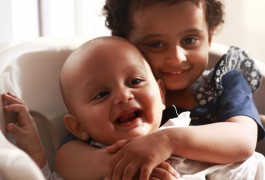
Infant siblings of children with autism tend to lag behind their peers at the earliest stages of language development before catching up at around 12 months of age.

The ‘intense world theory’ says autism stems from hyper-sensitive reactions to the world, allowing the individual to zoom in on tiny details, but ignore the bigger picture.

Children with autism understand fewer words than their verbal ability would suggest, according to a study published in December in the International Journal of Language and Communication Disorders.
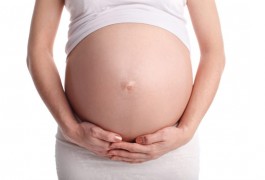
High levels of serotonin in the womb may up the risk of autism in the child, according to a study published in December in the American Journal of Medical Genetics.
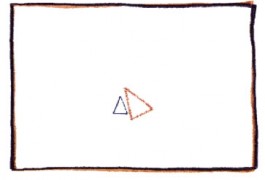
People with autism tend to use more expressive language than controls do when asked to describe the movement of geometric shapes. But their descriptions are inaccurate.

Teenagers with autism use as many gestures in conversation as do their typically developing peers. Their gestures do not improve their stories, however, and are poorly linked to the words they wish to illustrate.
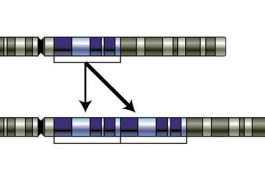
Copy number variations, or CNVs — duplications or deletions of DNA segments — can influence the expression of unrelated genes on the same chromosome, according to a study published in November in PLOS Biology.
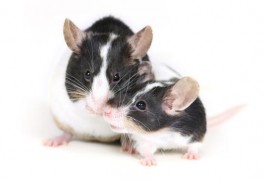
Scientists have created mice that carry mutations in SHANK3, one of the strongest candidate genes for autism. The animals have behavioral and neurobiological features reminiscent of autism, researchers reported 17 December in Molecular Autism.
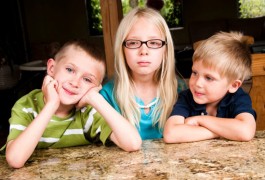
The goal of studying siblings of children with autism is to identify an early diagnostic marker for the disorder. What researchers are finding instead are distinct traits shared by family members who remain healthy.

Most studies define high-functioning children as those with an IQ above 70 or 80, but this is problematic for a number of reasons, say some scientists. The assumption underlying the use of high IQ as a synonym for high functioning is suspect because social and communicative abilities may have a far greater impact on an individual’s daily interactions.